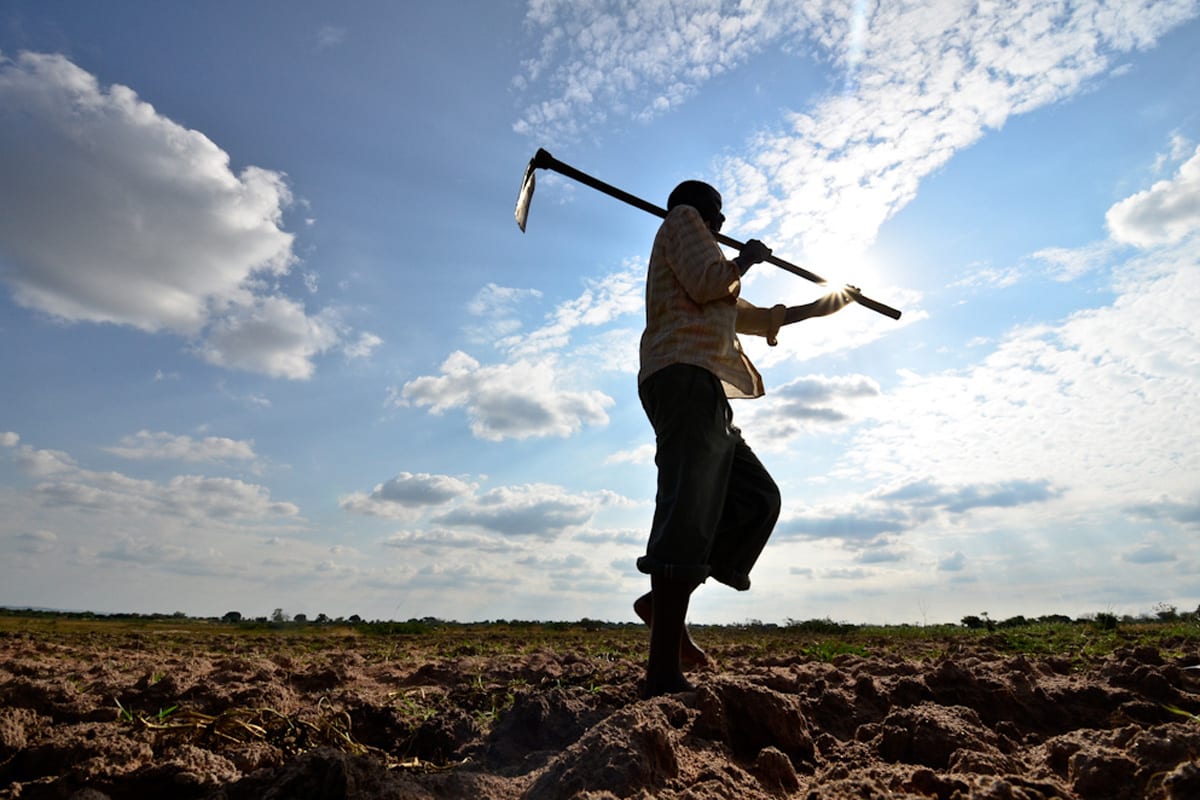Progress in East Africa as Farmers Begin Adapting to Changing Weather
By Dan Klotz, September 17, 2012
 -->
-->In a year when abnormal weather has wreaked havoc on farmers around the globe—from record drought in the U.S. to the failed monsoon in India—new research recently published by the CGIAR Research Program on Climate Change, Agriculture and Food Security (CCAFS) shows that smallholder farmers across East Africa have started to adapt to the changing climate.
CCAFS scientists surveyed more than 700 farming households in four East African countries, publishing the results in the journal Food Security.
“The good news is that a lot of farmers are making changes,” CCAFS’s Patti Kristjanson told Reuters. “So it’s not all doom and gloom… but much more needs to be done.”
The CCAFS survey found a number of reasons for optimism. More than half the farmers surveyed adopted at least one drought-tolerant variety and more than half have taken up a shorter-cycle crop variety. But these positives were unfortunately balanced by negative points, including the problem that only ten percent have begun trying to store or manage the water applied to their crops.
“If you think about climate change in the sense that water is going to become more of an issue – increased variability and more frequent extreme events—we would like to see much more transformational changes in the sense that [the farmers] start storing water,” Kristhanson told Voice of America. ”Very few of them are currently storing any kind of agricultural water, and they’re not even storing household water,” Kristjanson told Voice of America News.
New York Times blogger Andrew Revkin highlighted the point that those farmers who have less food were the ones having more trouble adapting. Farm families at all five study sites had to confront this issue; they faced food deficits on average for two months in Nyando, Kenya, and for more than half the year in Borana, Ethiopia.
Burness helped CCAFS promote the survey and developed a series of graphics to highlight the survey findings.

